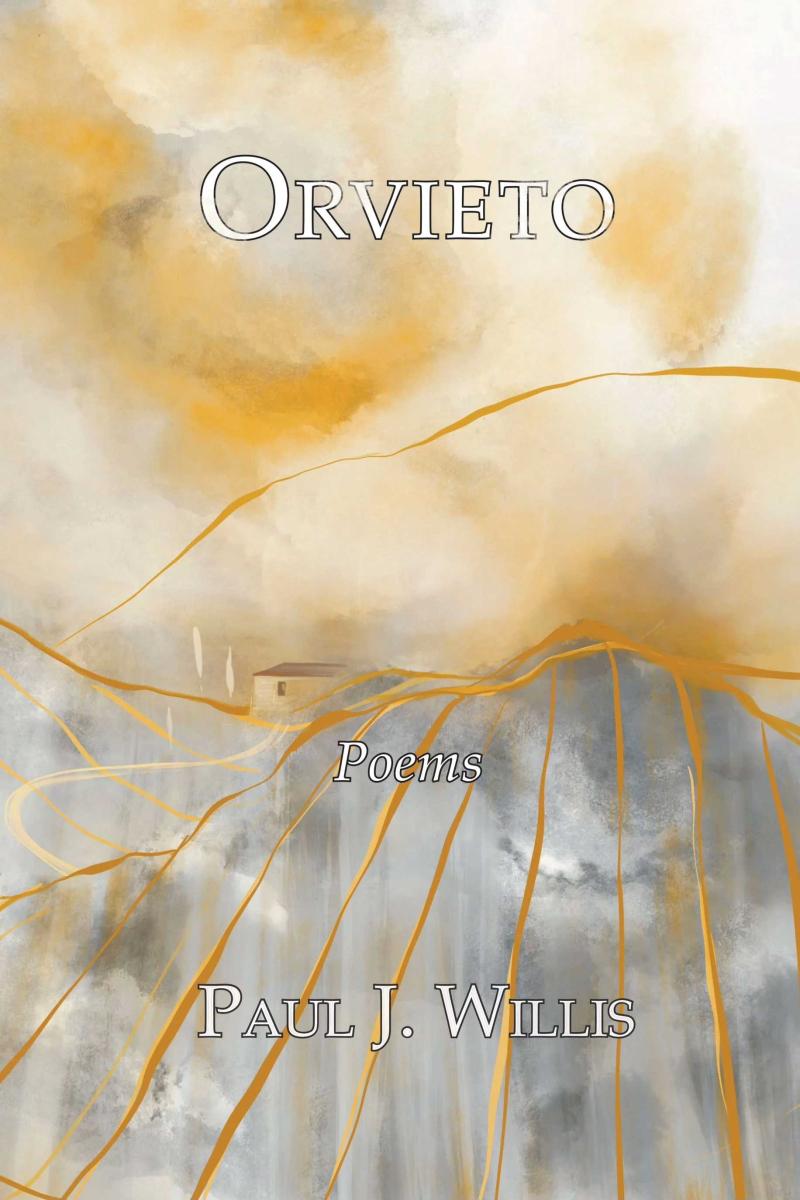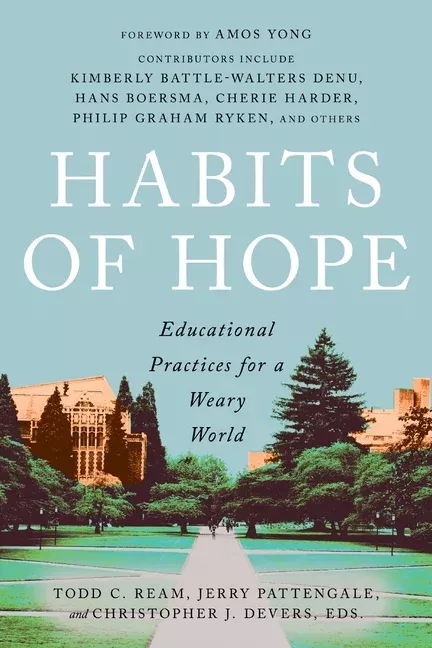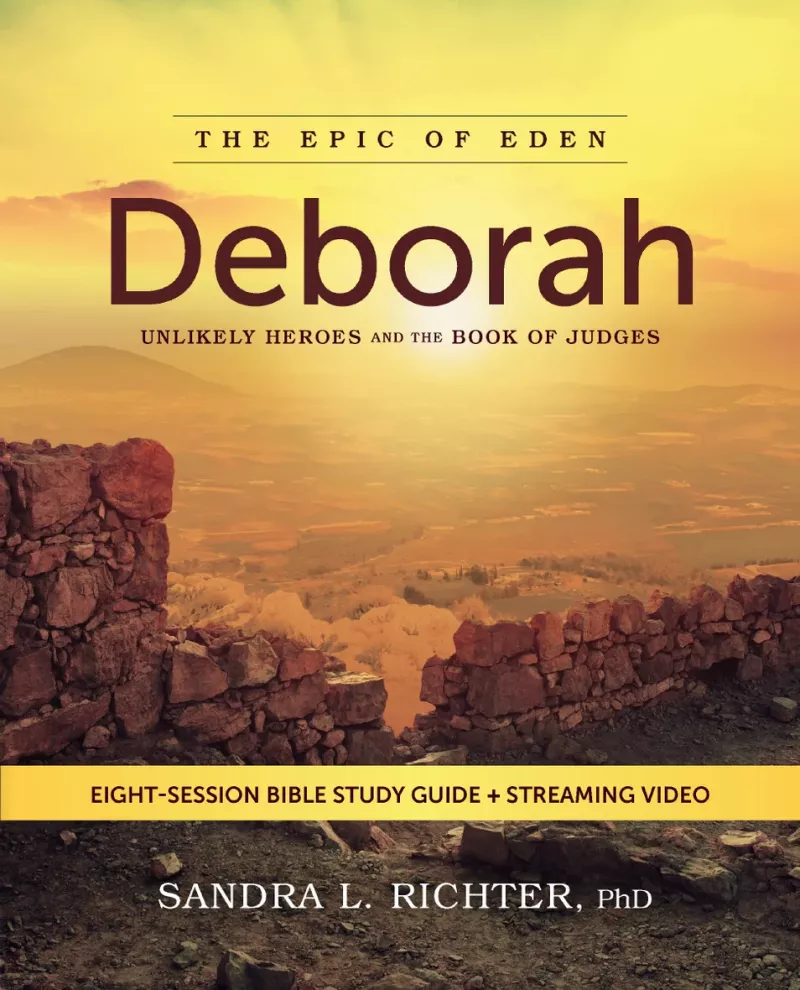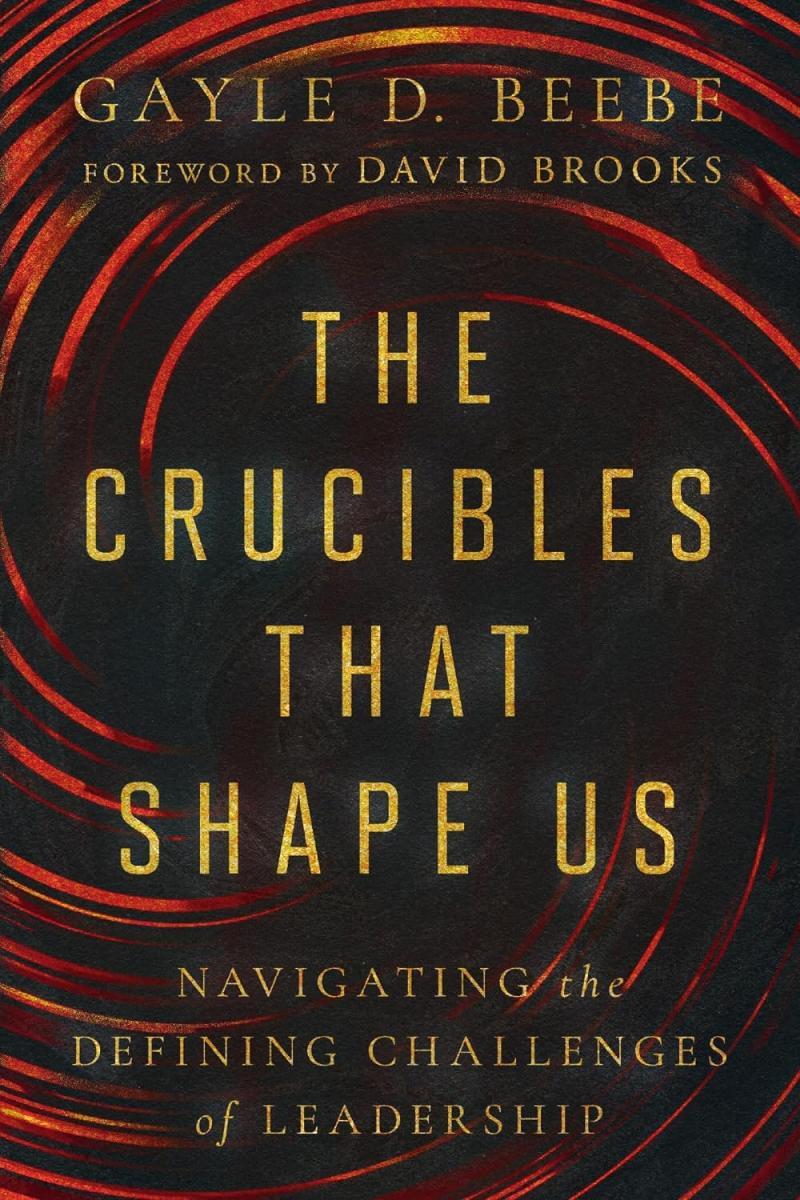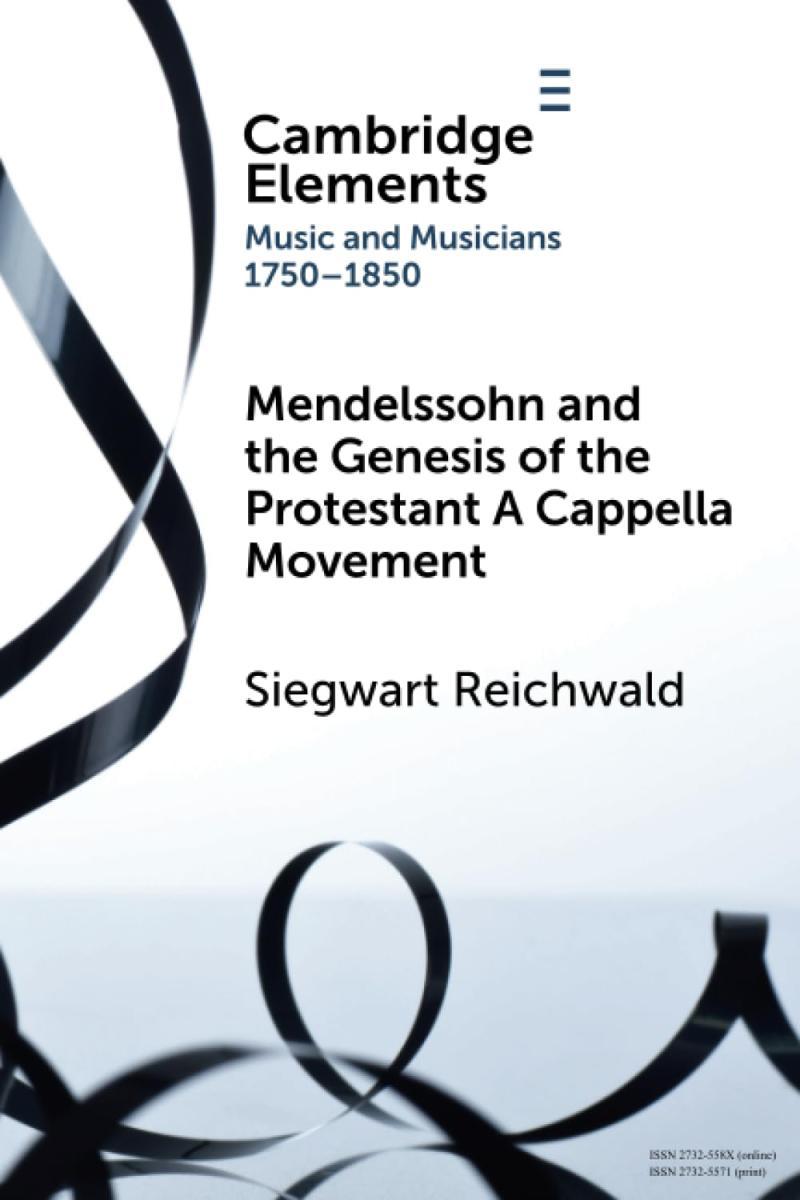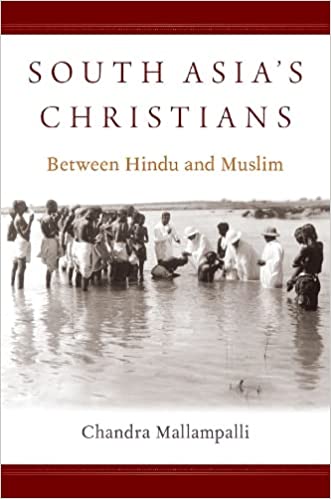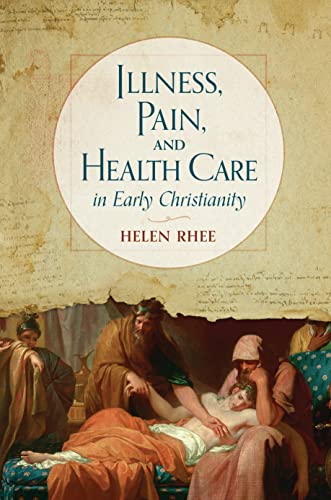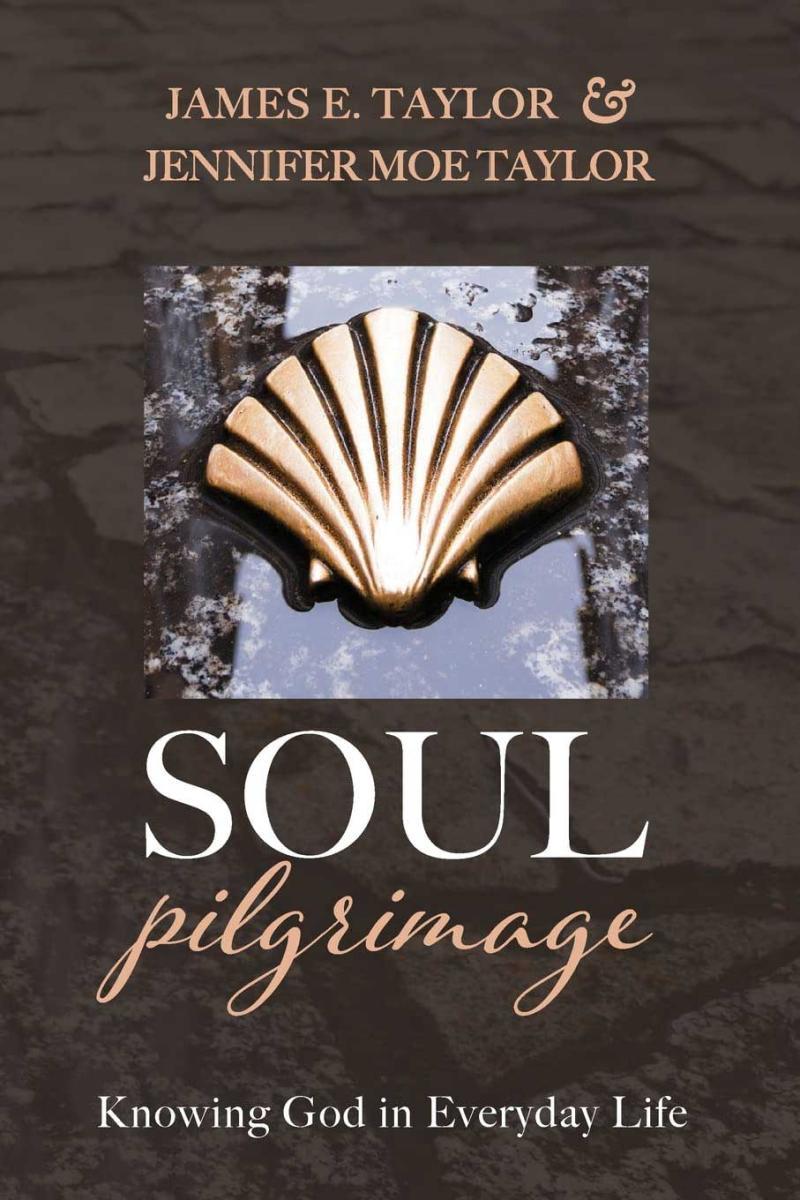Orvieto: Poems by Paul J. Willis
What happens when an American poet most at home in Yosemite is summoned to teach in the faraway land of Italy? In the tradition of Mark Twain’s Innocents Abroad, Paul J. Willis comes to terms with the Umbrian town of Orvieto in a suite of poems that are sure to land in your memory and imagination. By means of research, experience, observation, and, perhaps, more than a small dose of naivete, he fills his verse with the strangeness and wonder of Etruscan, Roman, medieval, Renaissance, and contemporary times that layer this resilient city. An interweaving of past and present, pagan and Christian, and art and nature creates a rich tapestry for any eager visitor to place or poem. Come and see.
Habits of Hope: Educational Practices for a Weary World
In the world of education, disorientation and uncertainty has been increasing for several decades, with the Covid-19 pandemic only exacerbating preexisting challenges. Christians called to academic vocations need authentic hope to sustain them in their work—and they need to be able to share that hope with a weary world.
Habits of Hope explores a Christian understanding of hope and how it applies to the work of educators, administrators, scholars, and others in academia. Essays by master practitioners focus on six key educational practices and describe how these practices can cultivate hope within educators as well as among their students and everyone they serve: integration, conversation, diversity, reading, writing and teaching.
Contributors include Hans Boersma; Kimberly Battle-Walters Denu; Kevin G. Grove, CSC; Cherie Harder; Jon S. Kulaga; Philip Graham Ryken; David I. Smith; and Jessica Hooten Wilson. Provost Kim Denu has written the chapter, "Inclusive Excellence: Diversity as a Hopeful Educational Practice."
Hopeful Realism: Evangelical Natural Law and Democratic Politics
During a time when political conversations are marked by deep polarization and difficult decision-making, what resources do evangelicals have to think critically and theologically about public life?
For political theorists Bryan T. McGraw, Jesse Covington, and Micah Watson, a crucial resource is to be found in natural law, a rich tradition of Christian political thought often neglected by evangelicals. Grounded in the hope and realism of the gospel, their evangelical natural law theory is deep in moral conviction yet oriented toward practical political decision-making. Relevant to all dimensions of political life, they show how an evangelical natural law framework can speak into debates about the economy, family life and marriage, violence and war, and religious freedom.
Hopeful Realism is a generous guide for evangelicals concerned with bringing their theological commitments to bear on their political judgments. A volume that brings together robust theory with practical cases, Covington, McGraw, and Watson show how evangelicals can participate as evangelicals in a pluralistic, often polarized, democracy.
The Epic of Eden - Deborah: Unlikely Heroes and the Book of Judges
The Book of Judges narrates one of the most chaotic and morally dark eras of Israel's story. Many speak of it as Israel's "Wild West," where the heroes and the villains stand only inches apart. Into this morally-ambiguous time comes one of the most unlikely leaders of the biblical text—the prophet Deborah. She is a wife and mother in an entirely patriarchal world, yet due to her integrity and courage, she transforms chaos into order and leads Israel in one of the most pivotal victories of the settlement period.
Illustrating the era of the Judges by means of the archaeological record, historical geography, and the hard facts of warfare in the ancient world, this study draws students immediately into the grand tale of Deborah and Barak, Jabin and Sisera, and of course the most unlikely of leaders, Jael.
The Crucibles That Shape Us: Navigating the Defining Challenges of Leadership
We often see setbacks and disasters as events that keep us from our best life. But they're really opportunities to grow in leadership. The problem of suffering is a spiritual hurdle for many that disorients us and those we lead. Gayle D. Beebe tackles the existential crisis head-on, revealing that, although we are bewildered at first, these situations ultimately prepare us. Previously viewing these challenges as insurmountable, he has come to recognize them as essential passageways in our relationship with God.
Mendelssohn and the Genesis of the Protestant A Cappella Movement
Drawing on his experiences in Berlin under Schleiermacher and his travels to the Vatican, Mendelssohn, as the Director of Prussian Church Music, wanted to offer an edifying worship experience where large-scale choral works would become an indispensable part of the liturgy, which he saw as a performative or representational act, centered around the life of Christ. Yet he quickly realized that the court and clergy were not interested in his foundational concepts; they merely wanted reforms based on the restauration ideals espoused by Winterfeld and Thibaut.
South Asia's Christians: Between Hindu and Muslim
South Asia is home to more than a billion Hindus and half a billion Muslims. But the region is also home to substantial Christian communities, some dating almost to the earliest days of the faith. The stories of South Asia's Christians are vital for understanding the shifting contours of World Christianity, precisely because of their history of interaction with members of these other religious traditions. In this broad, accessible overview of South Asian Christianity, Chandra Mallampalli shows how the faith has been shaped by Christians' location between Hindus and Muslims.
Mallampalli begins with a discussion of South India's ancient Thomas Christian tradition, which interacted with West Asia's Persian Christians and thrived for centuries alongside their Hindu and Muslim neighbours. He then underscores efforts of Roman Catholic and Protestant missionaries to understand South Asian societies for purposes of conversion. The publication of books and tracts about other religions, interreligious debates, and aggressive preaching were central to these endeavours, but rarely succeeded at yielding converts. Instead, they played an important role in producing a climate of religious competition, which ultimately marginalized Christians in Hindu-, Muslim-, and Buddhist-majority countries of post-colonial South Asia.
Illness, Pain, and Health Care in Early Christianity
What did pain and illness mean to early Christians? And how did their approaches to health care compare to those of the ancient Greco-Roman world?
In this wide-ranging interdisciplinary study, Helen Rhee examines how early Christians viewed illness, pain, and health care and how their perspective was influenced both by Judeo-Christian tradition and by the milieu of the larger ancient world. Throughout her analysis, Rhee places the history of medicine, Greco-Roman literature, and ancient philosophy in constructive dialogue with early Christian literature to elucidate early Christians’ understanding, appropriation, and reformulation of Roman and Byzantine conceptions of health and wholeness from the second through the sixth centuries CE.
Utilizing the contemporary field of medical anthropology, Rhee engages illness, pain, and health care as sociocultural matters. Through this and other methodologies, she explores the theological meanings attributed to illness and pain; the religious status of those suffering from these and other afflictions; and the methods, systems, and rituals that Christian individuals, churches, and monasteries devised to care for those who suffered. Rhee’s findings ultimately provide an illuminating glimpse into how Christians began forming a distinct identity—both as part of and apart from their Greco-Roman world.
Soul Pilgrimage: Knowing God in Everyday Life
I invite you to go on a pilgrimage. A pilgrimage is a journey with a sacred goal. The sacred goal I have in mind for you is knowing God. Perhaps you’re already on that pilgrimage. Perhaps you already know God. If so, I invite you to know God better.
A literal religious pilgrimage involves going to a place. In the Christian tradition, pilgrims have journeyed to such places as Jerusalem, Rome, and Santiago de Compostela. Going to these places requires moving your body to them.
But the pilgrimage I’m inviting you to start—or continue—is a pilgrimage for your soul. Your purpose on this pilgrimage will be to get your soul closer to God.
A pilgrimage is something you do. On a literal pilgrimage, you have to keep your body moving in the same direction for a long time. Doing so requires using and caring for your body.
On a soul pilgrimage, you have to keep your soul directed toward God for a long time. Doing so requires the use and care of your soul by means of engaging in various spiritual practices. Will you accept my invitation? Will you join my wife Jennifer and me on this soul pilgrimage?
